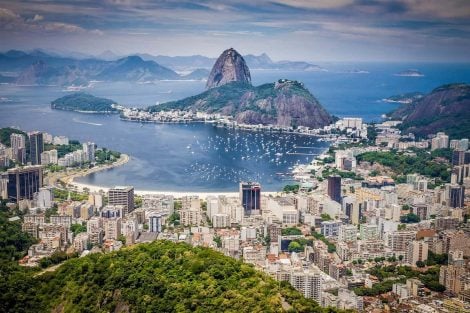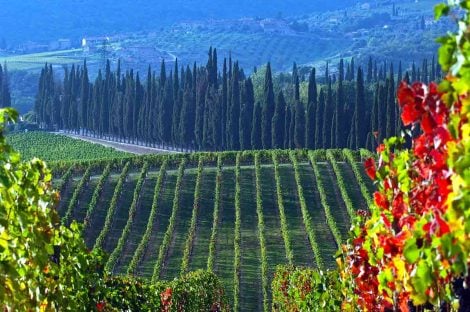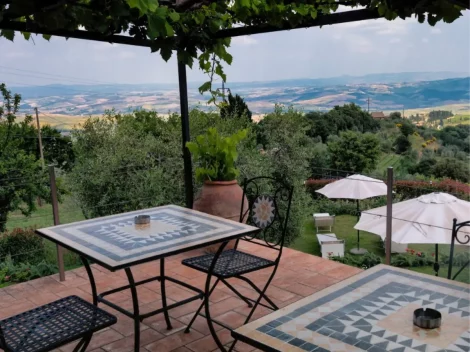About thirty kilometres from Rome, on the waters of the Fiumicino coast, lives Gianfranco Miconi, known to all as Attila. His home is a stilt house on the sea, a bilancione that he has transformed into a refuge, a symbol of freedom and resistance. For fifty years, every morning, he has greeted the sea with the same ritual: “Good morning, Sea.” But today that simple and profound life is threatened by a colossal project: the construction of a tourist port for cruise ships, promoted by the American giant Royal Caribbean.
His story
Attila arrived here in 1975, with an old 500 Bianchina and a romantic vision of the sea. There were no artificial barriers to protect the coast: during storms, the water would creep right under the stilt houses, forcing fishermen to remain for days on the bilancioni waiting for the level to recede. It was a lively area, rich in fish and stories. Attila would cast his nets directly from the terrace of his bilancione, and for years he maintained a balance between man and nature that today seems lost.
In 2009, work began on the construction of a large port. The building of an 800-metre-long outer pier profoundly altered the marine currents, radically transforming the morphology of the coast. The bilancioni that once faced the water today stand on dry land. In those years, intervention by the Guardia di Finanza suspended the site due to alleged corruption episodes. Everything remained frozen.
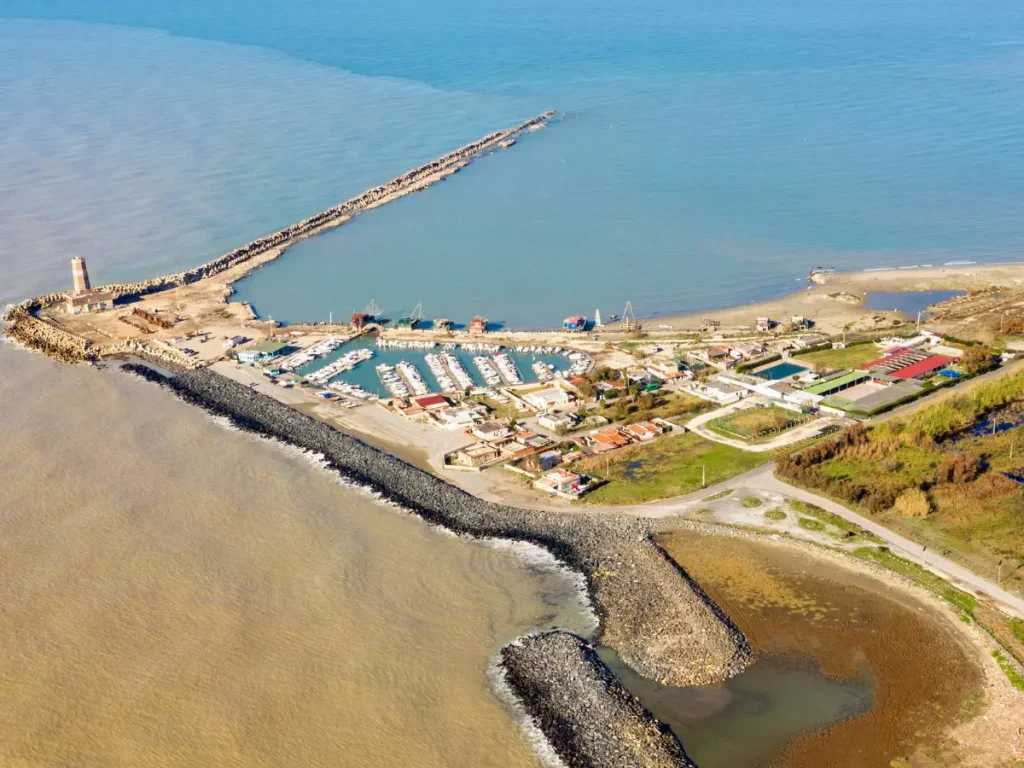
From fishermen’s beach to tourist port?
But in 2021 something changed. The company Fiumicino Waterfront reacquired the concession at auction for over 11.4 million euros, with the participation of Royal Caribbean. In March, the area was sealed off with a wall. The new project foresees a port with 1,200 berths for private boats, a large hotel, a park and a quay dedicated to cruise ships. It is estimated that more than 5,000 tourists per day will arrive.
Attila looks at all this with deep concern. He spoke about it with the channel Arte, which produced a reportage on his life and on the transformation of the area, and also in a 2023 interview with FiumicinoOnline, where he expressed his bitterness at what is happening. For him, this development is a threat not only to the environment and fauna, but also to the human and social fabric of the neighbourhood: Lido del Faro.
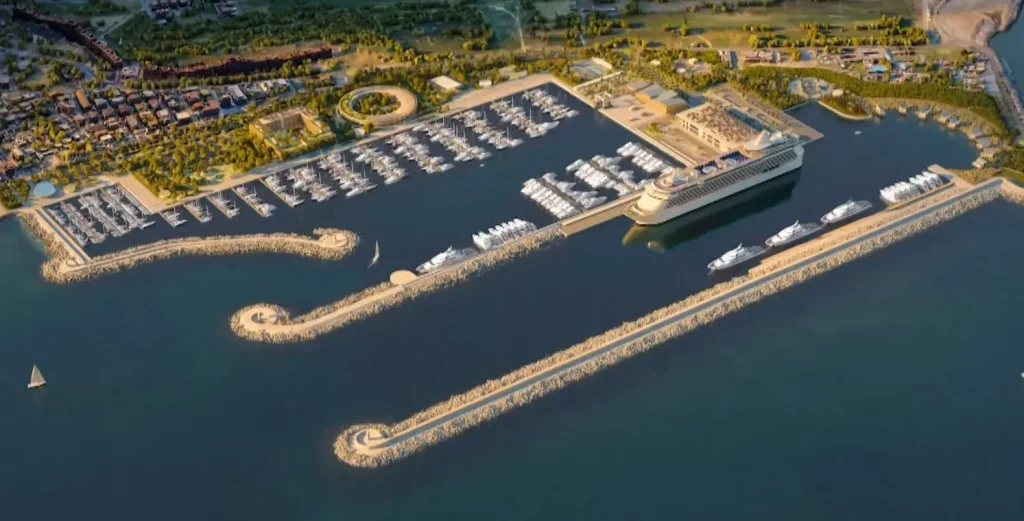
A collective battle
But his voice is not alone. On the coastline, activists distribute leaflets and try to mobilise public opinion. Attila, who has always fought in person, continues to resist. He has no intention of leaving his bilancione, nor of giving in to what he considers an outrage against the sea. His battle has also become the subject of cinema: director Mirko Alivernini has made a film, Acque Sporche, which tells his story, his passion for the sea and his commitment to defending the environment.
The Faro area, where his stilt house is located, is still today a meeting point for young people, artists and fishermen. In the morning one hears the voices of the elderly chatting as they once did, children dive and play on the beach. It is a place where freedom is palpable, where public space is lived with spontaneity. And perhaps, precisely for this reason, it seems so fragile in the face of advancing concrete.
Cover photo credit, Facebook Armando Sdao Photographer

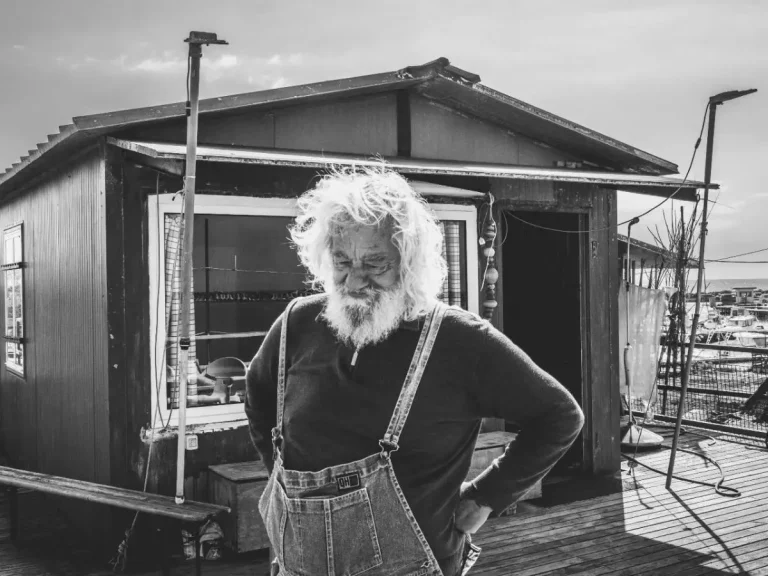
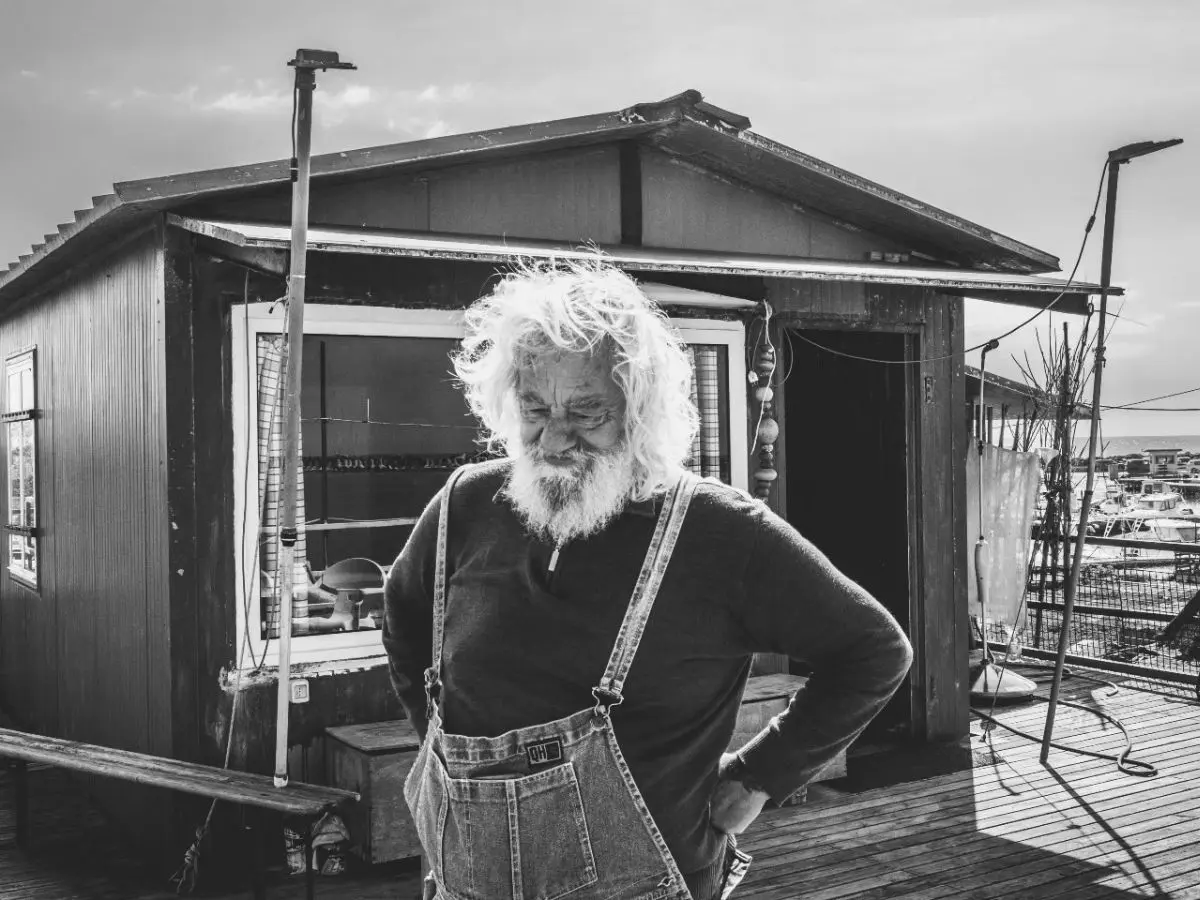 The fisherman who has lived on the sea for fifty years and now resists the assault of concrete
The fisherman who has lived on the sea for fifty years and now resists the assault of concrete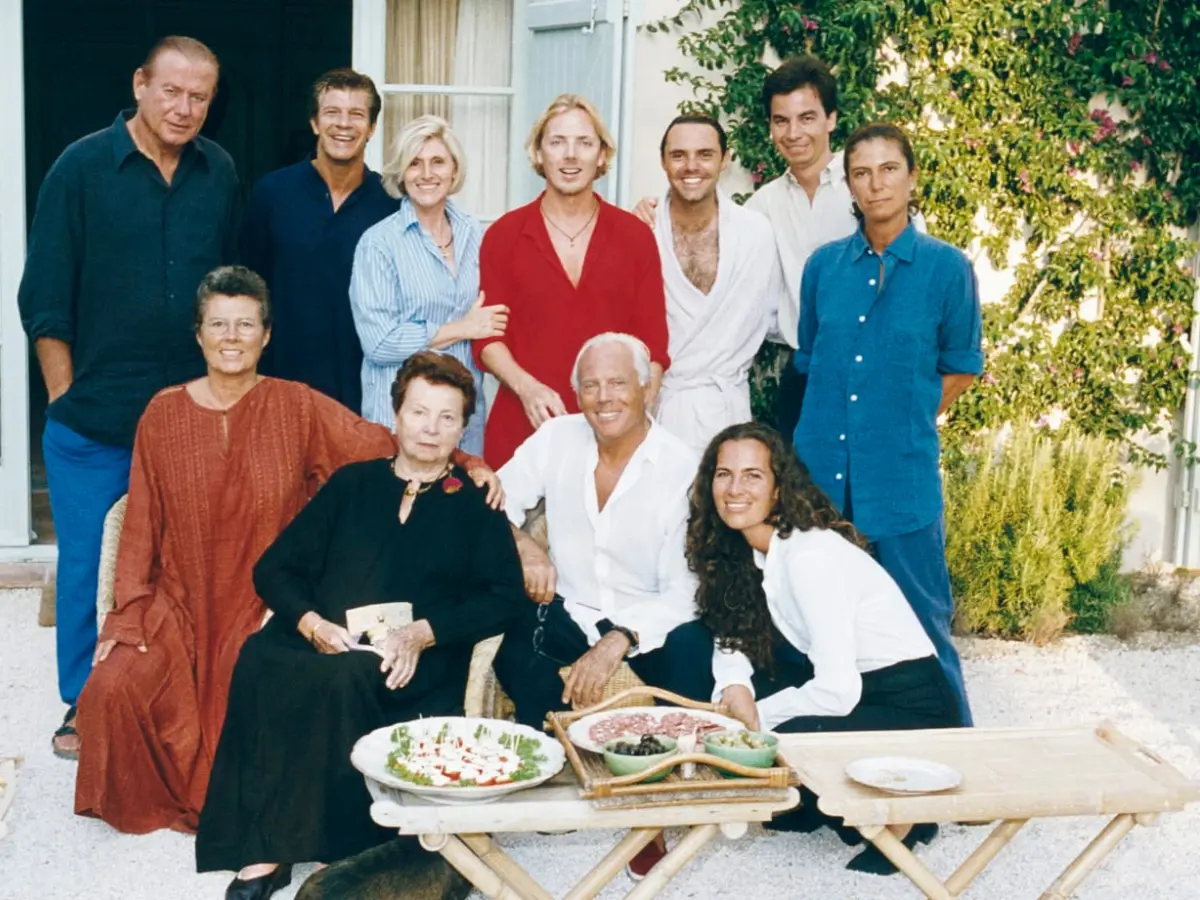 “Mum’s tortelli alla piacentina were my childhood.” The story of Giorgio Armani’s favourite dish
“Mum’s tortelli alla piacentina were my childhood.” The story of Giorgio Armani’s favourite dish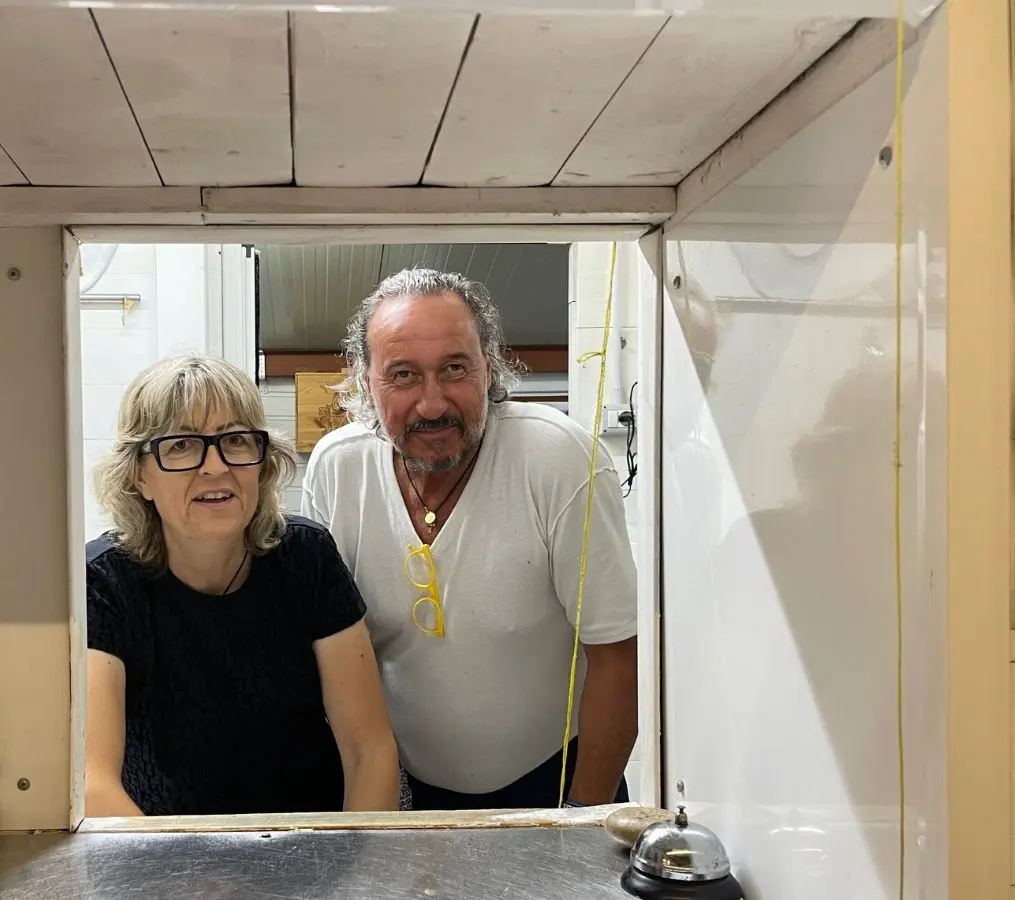 The little-frequented beach establishment where you can eat excellent seafood (opened by a former Serie A footballer)
The little-frequented beach establishment where you can eat excellent seafood (opened by a former Serie A footballer) Italian wineries hold almost 40 million hectolitres of wine. The risks with the new vintage approaching
Italian wineries hold almost 40 million hectolitres of wine. The risks with the new vintage approaching The 2025 harvest will be excellent, but with uncertainty over quantity: Tuscany cuts volumes, Veneto produces more
The 2025 harvest will be excellent, but with uncertainty over quantity: Tuscany cuts volumes, Veneto produces more